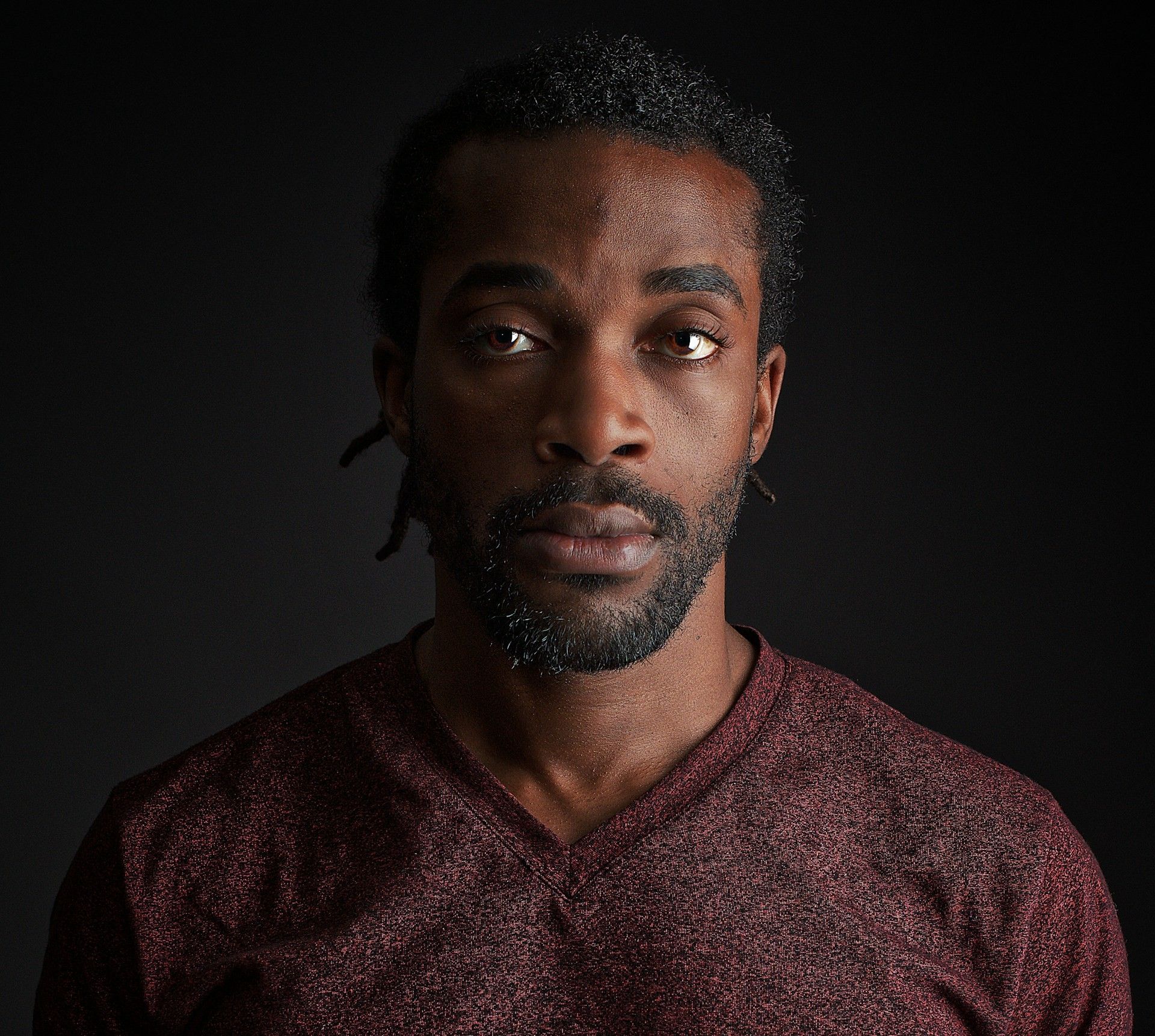[bctt tweet="Potential energy is useless until it's transformed into kinetic energy." username="QaziniKenya"]
There's one mantra that's been more useful to me than almost any other mantra I've learned.
Don't watch what people say, watch what they do.
Often, you will see a mismatch between what people say and what they do for a variety of reasons. Sometimes, they are flat out lying. Other times, they have hidden motivations that they've either pushed down or don't realize exist. It's easy to say you'd do something in a hypothetical situation. But it's an entirely different story when you're in the situation itself.
I'll give you a stark example. A college professor was giving a lecture about slavery. He asked the students whether they think they would be slaveholders or idle bystanders versus being abolitionists who fought for freedom.
Of course, almost all the students in the class said they'd be abolitionists. But if you placed them in the situation itself where they had to face real social and often physical costs for taking that stance, many, if not most, would've either stood idly by or participated in the atrocity.
This is just one of many examples where people have an idealized version of themselves. When it comes down to it, their behaviour would likely show otherwise. If you've been reading my work for a while you know I talk about human nature, including the dark parts of it. I also talk about some of the downfalls we're susceptible to just because of the way we're wired -- things like pain avoidance and pleasure-seeking, fear of rejection etc.
If you want to properly navigate the world, you need to understand this mismatch. If you want to improve your own life, you need to understand this mismatch in yourself.
You have big dreams. You have an idealized sense of self. Often, you'll daydream about this person you could become. You claim to have all these values and virtues. But, your behaviour shows you who you really are. It doesn't matter what you say, even what you think, only what you do. The only way to change your behaviour is to stop thinking about it and get on with the work of doing it.
Where do you think that anxiety comes from? You know, that low-level feeling that you're not living up to your own standards, that you're a total fraud who's projecting a false image to the world? Your behaviour isn't in accordance with your thoughts and the way you try to carry yourself.
How to Become Confident
True confidence comes from congruence. Congruence happens when your thoughts, words, and actions are all in alignment. You can move through the world with ease because of your consistency. When you're misaligned, you have to 'keep up with your lies' so to speak. Mostly, you're just lying to yourself. And as someone who tells too many tales and keeps too many secrets, you'll stress yourself out trying to live multiple characters' lives.
We all do this to some degree. You can't necessarily think your way out of this either. It is necessary to change your behaviour so that you can change your self-perception so that your thoughts are in alignment with who you really are. You want to close the gap between who you think you are and the way you actually behave.
This is tough because it's fun to have this daydream about who you think you are. I do it, too. You can fall in love with this image of who you imagine yourself to be and sometimes it's satisfying enough to keep you in that limbo space where you're not really living up to your potential but you've fooled yourself enough to cope.
It's tough to change your behaviour because the world might give you feedback that your self-image is BS. You imagine yourself to be confident and brave, but you can 'put yourself out there' and have your ego shattered from rejection. This is why people subconsciously try to sabotage themselves. It's better to half-ass something and fail than it is to full-ass something and fail. Because if you try really hard and still fail, then you think that says something about who you are.
All of this is a little confusing and paradoxical, right? You need to change your behaviour, but you also need to convince yourself to take action in the first place when, deep down, you don't all the way believe in yourself.
So what do you do?
Mastering the Subtle Art of Changing Your Behavior
As Morgan Housel said, "Behavior is hard to teach, even to really smart people." If you want to change your behaviour, you have to find a way to defeat your 'lizard brain' -- that subconscious mind that causes all the hesitation, fear, doubt, pain avoidance, etc.
To do this, you have to find a way to pump yourself up and fake it til you make it. The interesting thing is, putting yourself in a situation with as little hesitation as possible increases your chances of success.
Don't think about writing that first blog post, move your fingers. Don't have a debate with yourself about going to the gym, just go. If you feel too tired to go to the gym but just force yourself to go, ten minutes into the workout, you'll be fine. Don't stare around the conference room waiting to talk to someone, letting that wallflower energy build up. Walk right up to the first person you see and say "hi" -- your social anxiety will clear up 30 seconds into the conversation.
Such a revolutionary answer -- just do it! But all self-help boils down to just that. We need constant reminders because just doing it is really hard.
I love talking about the process because I've used it to change my entire self-image and blend new behaviours into my life seamlessly. This is a trivial example, but I like it. I used to be horribly lazy and messy. I'd leave my dishes in the sink for days, weeks even. Now? I automatically clean the house without thinking too much about it. I changed my behaviour and now my image as a lazy person is gone.
Whatever you're trying to accomplish, you have to find a way to manage that chicken-egg scenario where you need confidence to start but you have to start to have confidence. Overall, you also have to focus on being honest with yourself.
Stop relying on your false self-image and imagination. Track your behaviour. Don't tell yourself you're going to do something, measure whether or not you're actually doing it. Don't trick yourself into thinking you're this holier than thou human being. Your behaviour shows you what your values are - virtue signalers don't understand this.
Stop bathing in your own potential. Potential energy is useless until it's transformed into kinetic energy.





